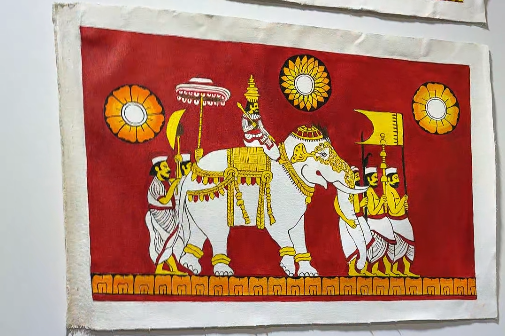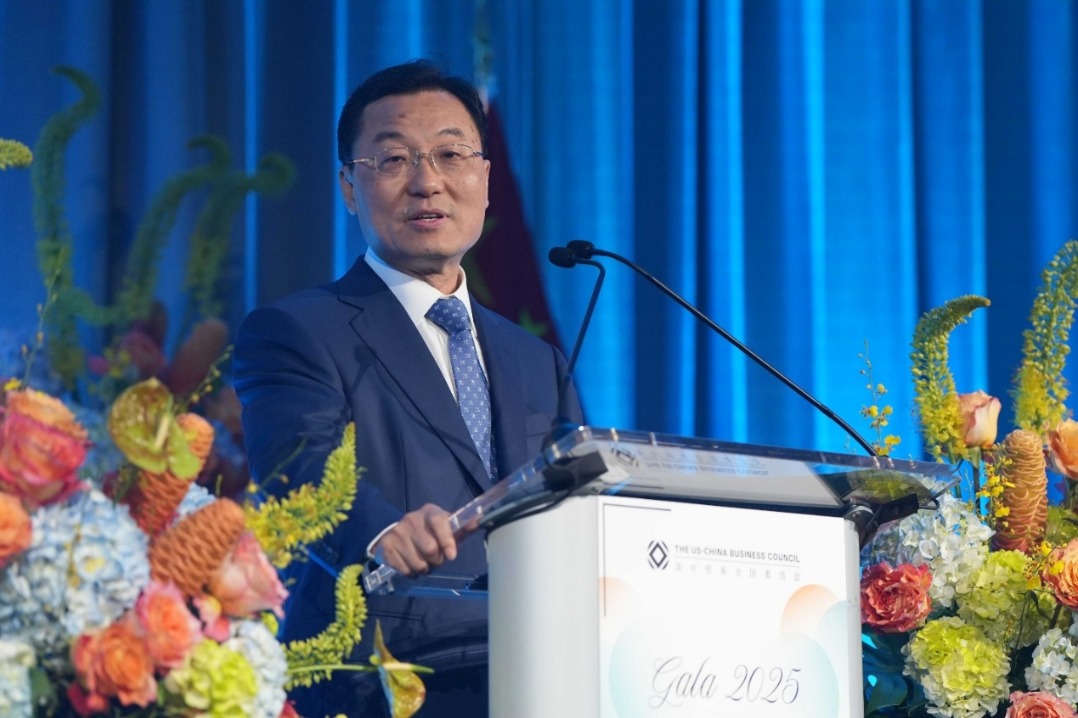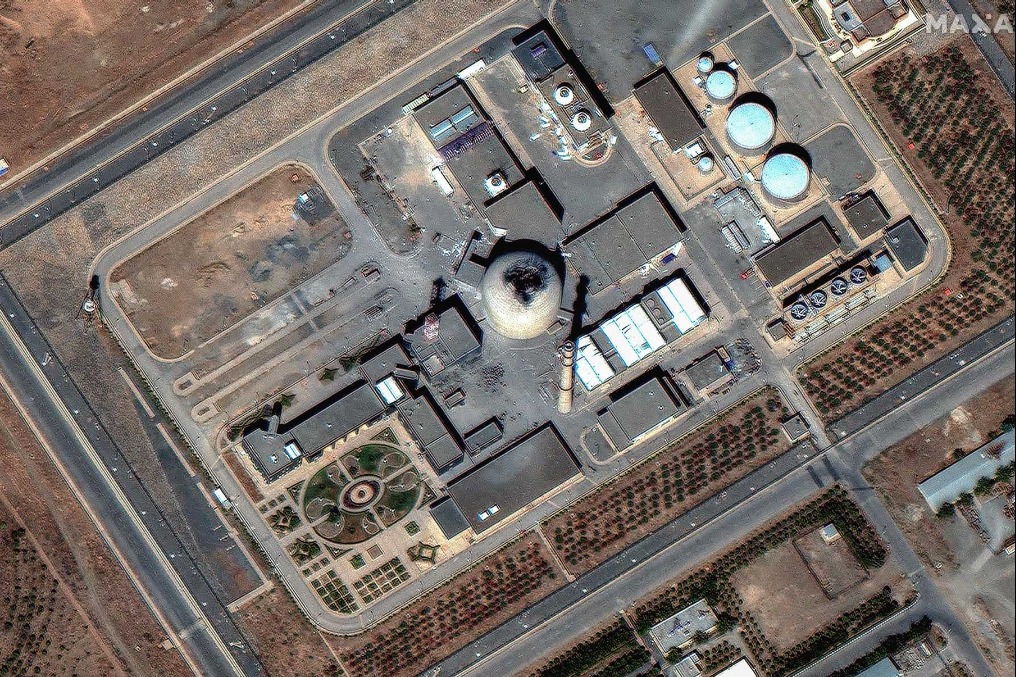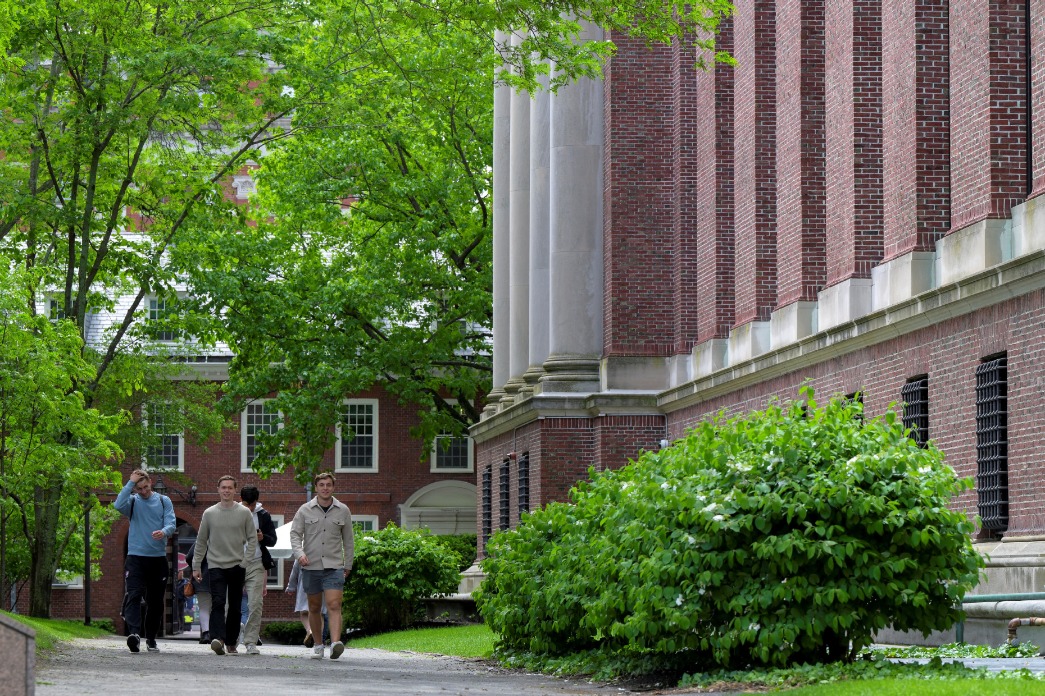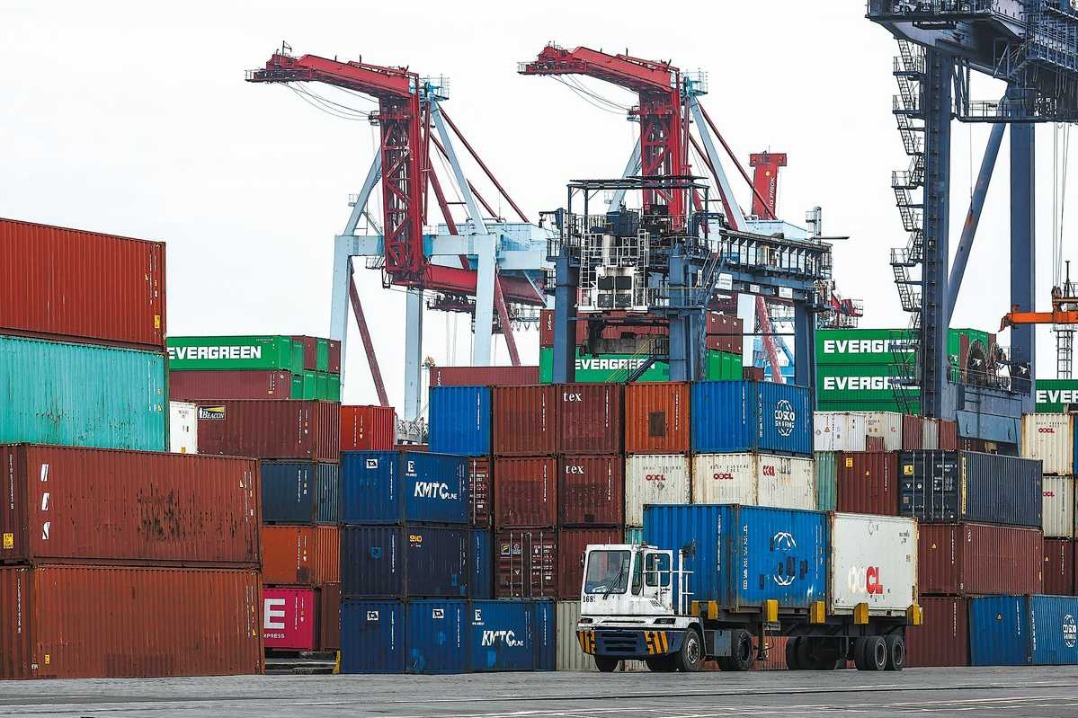Japan's rice prices double amid surge in inflation

TOKYO — The price of rice doubled in Japan in the 12 months to May, figures showed on Friday, as an acceleration in inflation piled fresh pressure on Prime Minister Shigeru Ishiba ahead of key elections next month.
Polls for parliament's upper house are crucial for Ishiba, as public support for his administration has tumbled to its lowest level since he took office in October, partly due to frustration over the cost of living.
One of the main sources of anger has been the surging cost of the food staple, which has risen for months due to shortages caused by a variety of reasons, including supply chain snarls.
The price of the grain rocketed 101 percent year-on-year in May, having jumped 98.4 percent in April and more than 92.5 percent in March.
That helped push core inflation, which excludes volatile fresh food prices, to a forecast-topping 3.7 percent, its highest level since January 2023, and up from 3.5 percent in April.
The rice crisis has led the government to take the rare step of releasing its emergency stockpile since February, a move it usually only undertakes during disasters.
However, rice is not the only factor driving inflation higher: electricity bills increased by 11.3 percent in May, while gas fees rose by 5.4 percent, according to the data released on Friday.
"Since I'm a temp worker, my salaries have remained stagnant for years, and I see no sign of change in the years ahead," Chika Ohara, 52, told AFP on a Tokyo street.
"But prices are going up nonetheless and I feel the impact," she said.
To help households combat the cost of living, Ishiba has pledged cash handouts of 20,000 yen ($139) for every citizen and twice as much for children ahead of the election.
The 68-year-old leader's coalition was deprived of a majority in the powerful lower house in October as voters vented their anger at rising prices and political scandals.
It was the worst election result in 15 years for the Liberal Democratic Party, which has governed Japan almost continuously since 1955.
The Bank of Japan has been tightening its monetary policy since last year as inflation crept up, but concerns about the impact of US tariffs on the world's fourth-largest economy prompted it to adopt a slower approach. Economists predicted a growth slowdown.
Earlier this week, it kept interest rates unchanged and announced that it would taper its purchase of government bonds at a slower pace.
"Policy flip-flops and delayed pass-through from producers to consumers means inflation will slow only gradually in the coming months," said Stefan Angrick of Moody's Analytics.
Factors behind the rice shortages include an intensely hot and dry summer two years ago that damaged harvests nationwide.
Since then, some traders have been hoarding rice to boost their long-term profits, experts say.
















